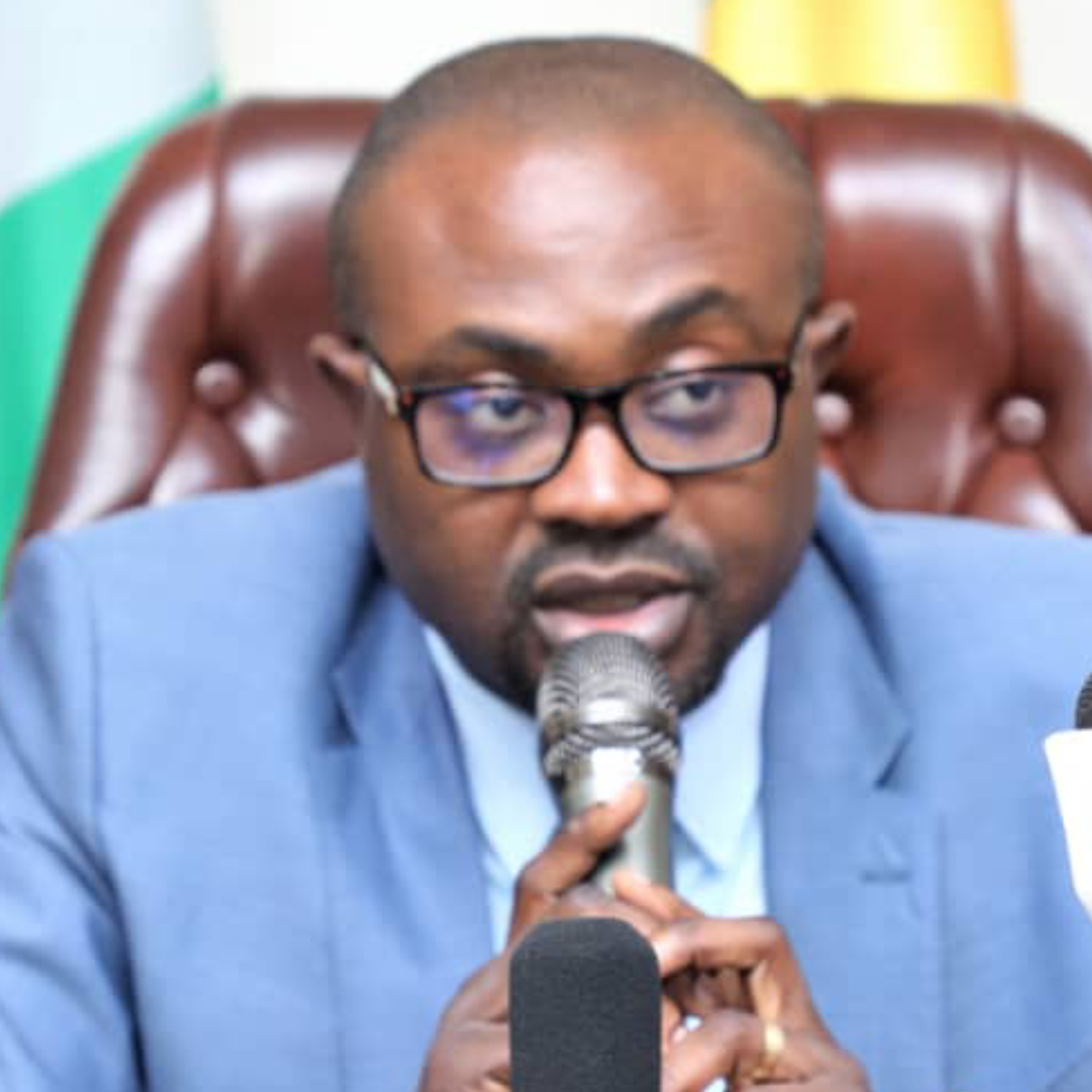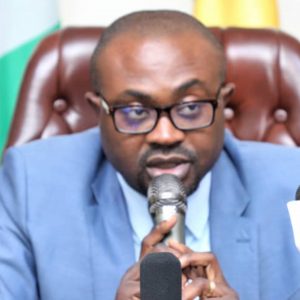Minister of Interior, Olubunmi Tunji-Ojo
By Our Reporter
The federal government has concluded modalities for involving expatriates in its renewed drive to expand its revenue base against mounting debt, declining revenue from oil and the quest to shore up its finances to meet development needs.
Authoritative sources disclosed at the weekend that the new thinking was hinged on expected contributions from expatriates as obtainable in nearly twenty countries.
This is also geared at consolidating the drive towards the Ease of Doing Business initiative.
Initiated by the Ministry of Interior, through its Nigerian Immigration Services (NIS) in collaboration with the Federal Ministries of Finance, and National Planning and related agencies, the initiative is expected to fetch the government between $ 1.5 billion and $ 2 billion annually.
While the full modalities were still under wraps, as of the weekend, expatriates might now need to meet some other financial obligations.
The initiative would exclude those on diplomatic postings, workers in multilateral and international development agencies, and other global non-profits.
To fall within the bracket in the range of the over 150,000 expatriates and foreigners working in the country are those in the construction and manufacturing sectors, Oil and Gas workers, retail, trade, and investment sectors.
The idea, according to a source close to the development, was not just to strengthen the drive to ease foreign business practices by further legitimizing opportunities available in the country, but to also promote skills transfer, balance economic growth, enhance collaborations and address shifts in demography.
It should additionally assist the new administration in ramping up its revenue base given reducing inflows and against the background of the estimated $3 trillion required for the government to excel in infrastructure investment in the next two decades.
While the source identified the infrastructure needs as Roads, Rail, Ports, Power, Airports, Water, and ICT, he stressed that Nigeria regrettably earned one of the lowest incomes in non-oil revenue, with less than 20% coming in from there.
This is in contrast to what is obtainable in other countries where earnings are robust in charges, through the inclusion of a wider range of workers in the contribution net.
The source added that the initiative would be a Public Private Partnership (PPP) arrangement in the first instance, considering the level of technology and expertise required for its implementation.


